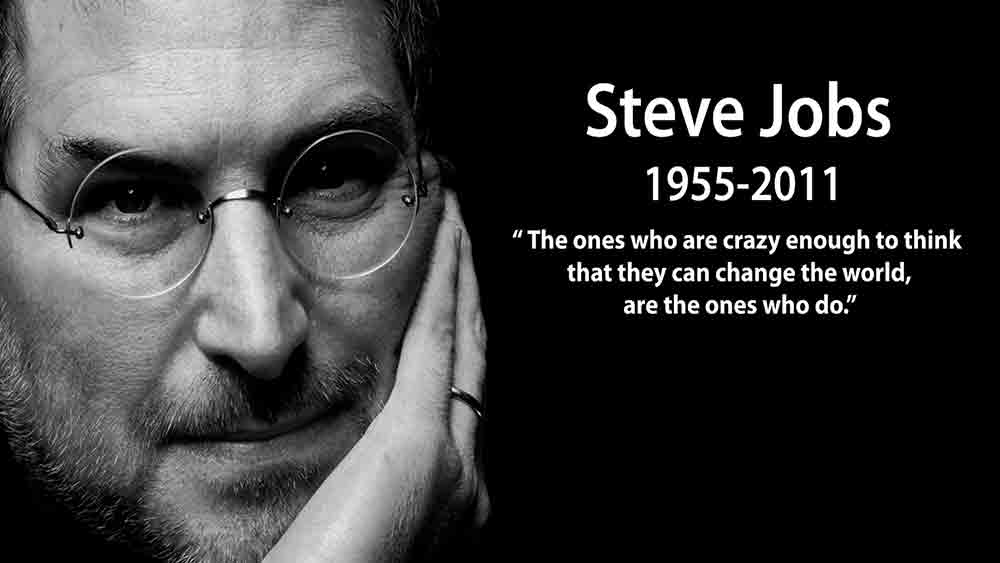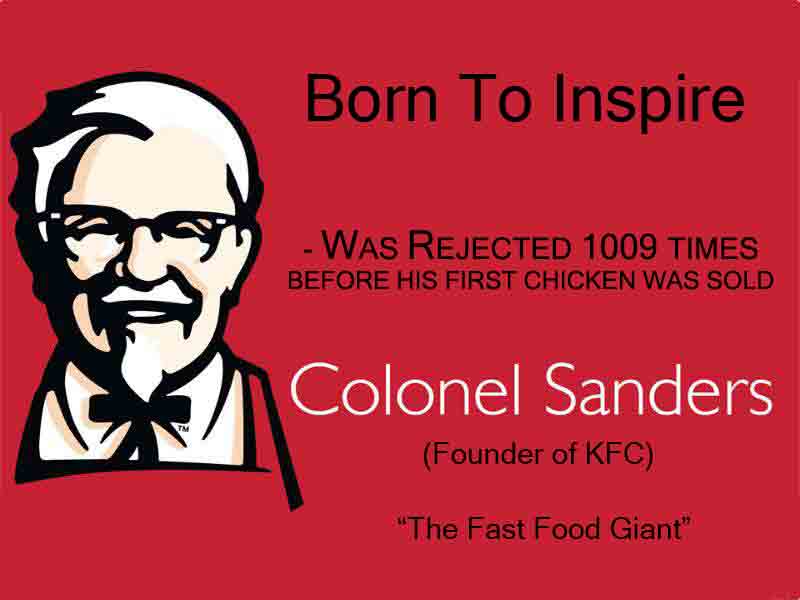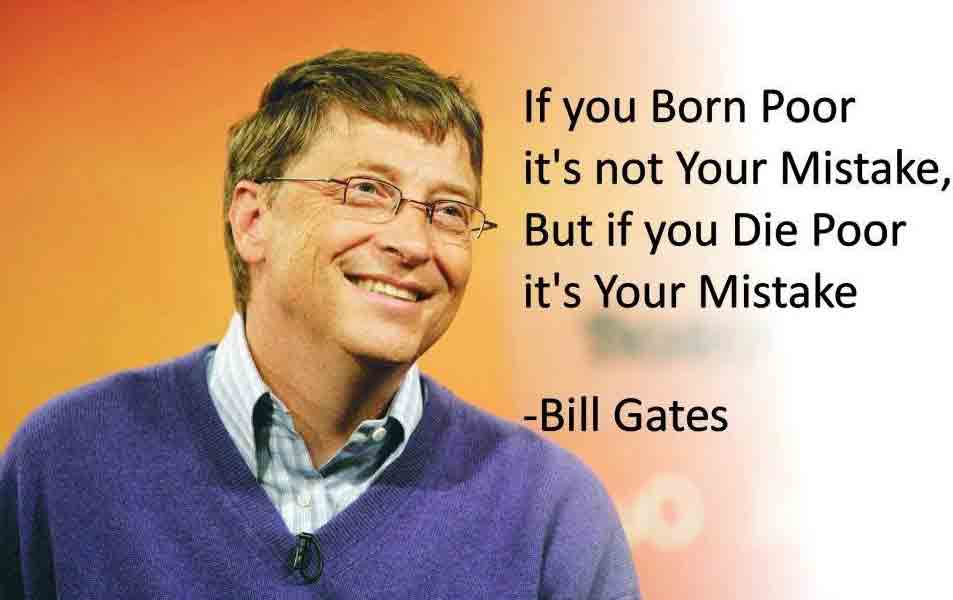
College dropout. Fired tech executive. Unsuccessful businessman.
Steve Jobs will always be best known for his incredible success in guiding Apple Inc. and transforming the entire consumer computer and phone industry. But he’ll also be remembered fondly as the poster child for how making mistakes — and even failing — can sometimes end up being the best thing that ever happens to you.
It’s a great disservice to everyone, especially young people, that the stories that we often hear about the most accomplished entrepreneurs sound so effortless. The truth is just the opposite, even for visionary creative success stories like those of Mark Zuckerberg, Jack Dorsey, Howard Schultz, Wendy Kopp, and even the legendary Steve Jobs. Like any creative process, any entrepreneur who wants to invent, innovate, or create must be willing to be imperfect and make mistakes in order to learn what works and what does not.
Apple Founder and Former CEO Steve Jobs may be one of the greatest innovators of all time, but even the tech genius’s career hit a nadir. Ousted from the company he helped to build in 1985, Jobs felt despair and rejection but funneled his energy into new ventures (like Pixar) before returning to Apple in 1996. In his famous 2005 commencement speech at Stanford, Jobs said “I didn’t see it then, but it turned out that getting fired from Apple was the best thing that could have ever happened to me. The heaviness of being successful was replaced by the lightness of being a beginner again, less sure about everything. It freed me to enter one of the most creative periods of my life.”
Applying the principle ‘failure is just feedback’, Jobs went on to create another company: NeXT. That company also met its demise, due to hardware issues in the product. Eventually the software division was sold to Apple, and Steve returned to his starting point.
Biggest Mistakes
1. Recruiting John Sculley as CEO of Apple. Feeling that he needed an experienced operating and marketing partner, the then 29-year-old Jobs lured Sculley to Apple with the now legendary pitch: “Do you want to sell sugared water for the rest of your life? Or do you want to come with me and change the world?” Sculley took the bait and within two years, Sculley had organized a board campaign to fire Jobs. Jobs himself would surely consider hiring Sculley as a great mistake.
2. Believing that Pixar would be a great hardware company. When Jobs was the last and only buyer standing in 1986 when George Lucas had to sell off the Pixar graphics arm of LucasFilms (for $10 million), he never expected the company to ever make money on animated films. Instead, as Pixar historian David Price shows in his excellent book The Pixar Touch, Jobs believed that Pixar was going to be the next great hardware company. Not even a visionary like Steve Jobs could predict what unfolded at Pixar, yet to his great credit, he supported cofounders Ed Catmull and John Lasseter as they pursued their dream of producing a full-length digitally animated film from day one. He protected their ability to make small bets on short films in order to learn how to eventually make a full-length feature film in Toy Story.
3. Not knowing the right market for NeXT computer. Although Jobs tried to spin NeXT computer as an ultimate success when the assets were sold to Apple in 1996 for $429 million, few in Silicon Valley agreed. The company struggled from the start to find the right markets and customers. If you haven’t seen the video about Jobs describing the vision for NeXT’s customers, you should watch it on YouTube. So it’s clear that even Jobs was confused. In it he says, “We’ve had, historically, a very hard time figuring out exactly who our customer was, and I’d like to show you why.”
Steve Jobs Quotes
1. Sometimes life is going to hit you in the head with a brick. Don’t lose faith.
2. Design is not just what it looks like and feels like. Design is how it works.
3. Great things in business are never done by one person. They’re done by a team of people.
4. Innovation distinguishes between a leader and a follower.
5. Things don’t have to change the world to be important.
6. That’s been one of my mantras — focus and simplicity. Simple can be harder than complex; you have to work hard to get your thinking clean to make it simple.
7. I think if you do something and it turns out pretty good, then you should go do something else wonderful, not dwell on it for too long. Just figure out what’s next.
Word Wonder – Best Word Puzzle Game
Play Amazing Word Puzzle Game “Word Wonder” to sharpen your Brain and improve you stock of words. This game has 10000+ level, so you will never get bored

Install the game now from playstore

8. Quality is much better than quantity. One home run is much better than two doubles.
9. Sometimes when you innovate, you make mistakes. It is best to admit them quickly, and get on with improving your other innovations.
10. Stay hungry. Stay foolish.

